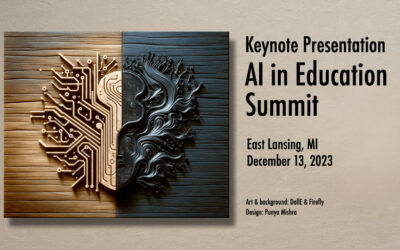Interesting article in Scientific American about how flaws in our biology reveal our evolutionary history. Steven Gould talked about it in his famous essay on The Panda’s Thumb.
This is a wonderful argument for Darwinian evolution since it points not to perfection (which the deniers of evolution can point to as well as example of divine intervention) but rather to imperfection (which is somewhat more difficult to explain by non-evolutionists – why would an all-powerful deity make mistakes). The lesson here is that imperfections point to a contingent historical past. Tracing these imperfections allows us to make inferences about how things came to be. Think of the Qwerty keyboard, to take an example from technological evolution, an artifact from the days of early manual typewriters, that actually required a design that would slowdown people’s typing speed to prevent the keys from getting stuck.
Just came across another page devoted to the same issue, just with more examples.




0 Comments